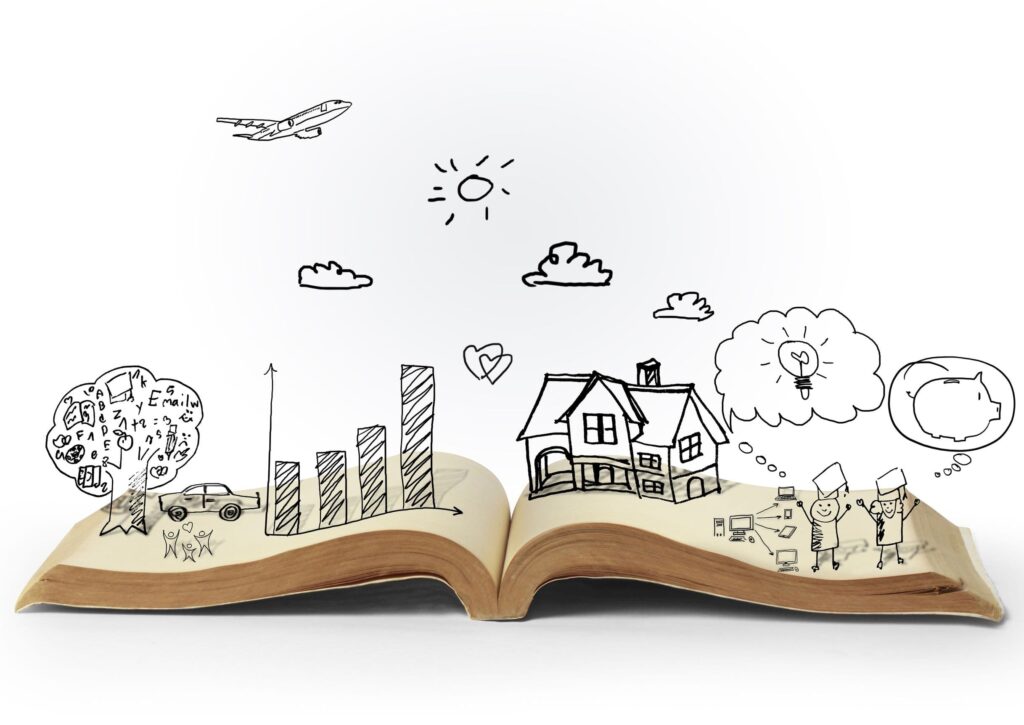Introduction
Who “likes” to fill out online forms?
We know it’s not a pleasure for most people. But many couples respond differently to The BIG BIG Book. It’s a time to focus on yourself and reflect on your life.
You’ll be asked to examine various problematic aspects of your relationship. You’ll also learn what’s still going well between you.
Every question in The BIG BIG Book provides your couples therapist with essential information they’ll need in order to help both of you.
The BIG BIG Book helps you move into the present and examine your marriage in a new way. You start to put things into perspective. The frame of the problem becomes clearer. You learn which issues don’t have anything to do with your relationship.

The BIG BIG Book isn’t a fun “compatibility test”
It’s a thorough couples therapy assessment tool that examines your relationship, from a scientific point of view. It is a part of every Intensive
Marriage Retreat, and every question provides your therapist with a blueprint, a guideline to help you get on the same page.
It is like a clinical road map used at the start of a long trip, telling you where you are going and what your goals are.

More about the Big BIG Book
An unhappy marriage is every bit a team sport as a successful marriage.
However, in a good marriage you’re on the same team, and in a bad one you’re on opposing sides. So, when we look at The BIG BIG Book, we read your stories side-by-side. We want to know which side you’re on.
- Do you both agree there is a problem with “Fondness and Admiration”?
- Do you feel comfortable with disagreements?
- Do you trust your partner or believe that they try to take advantage of you?
But not all questions are about your relationship.
We want to know something about you, as a person, too. Your stresses and troubles. Work pressures and health ailments. We want to know about your children, stepchildren and grandchildren. Every question focuses our understanding of you as a total person, with a complicated life and complex motives.
- Have you had a recent death in the family?
- A child diagnosed with a learning disorder?
- Are you depressed?
This is important to know. As many as 40% of individuals in troubled marriages have one depressed spouse.
All these things are important for us to know.

Family history
Understanding your past
It is a truism to say that our family-of-origin shapes the people we’ve become today, either by good or bad example. But we don’t “psych you out” to point the finger. We need to understand your past to help you make better sense of today. Or perhaps to help you understand yourself a bit better.
If you were physical/sexually/verbally/emotionally abused as a child or teen, that may not stay in your past. It may be showing up in how open you are in lovingly relating to others or responding to them sexually.
We’re clinicians first.
That means we know how to psychotherapeutically treat individuals as well as couples. So we know how issues like depression or anxiety can impact you. The BIG BIG Book strikes a balance between assisting you in managing any tangible challenges you may face and guiding you and your partner in collaborating to overcome these difficulties, ultimately strengthening your marriage in the process.
The Present
Focusing on today
As important as the past is, however, we want you to function better right here, right now. We want you to have a stronger relationship foundation to enjoy more energy, feel more passionate about life and your partner, and look forward to coming home at the end of the day. There has never been a more crucial time to be on the same page.
- What are the most stressful aspects of your marriage for you?
- What hurts do you have a hard time recovering from?
- What would be the most important (and difficult) thing you could do right now that would dramatically improve your relationship?


The Future
Focusing on tomorrow
You need dreams and goals, but not every one of them has to be shared. One person can have different hopes and dreams from their partner, and that’s alright. But how do we make sure that your dreams don’t negatively impact mine?
- How well does your partner understand your dreams? How well have they listened?
- How well do you understand your own?
- Can you get on the same page and work together?
In every conflict, science has taught us that there’s a dream buried deep inside. Something you hold dear and cannot let go of. Dr. John Gottman calls these your “bones.” In a fight, you can’t give up your bones. Our job is to help you to articulate those dreams, those values, those “bones.”
Then we help both of you to recognize that you CAN have your dreams (in fact you must), to become happily married. If you sacrifice what’s most precious to you to stay married, we haven’t done our jobs.
Therefore, The BIG BIG Book has many questions that focus on today and also the future…
Your Sexual Life
Focusing on sexuality
You and your partner may be the best of friends, but your sex life is non-existent, and it’s agonizing.
You might believe it’s simply a lack of “sexual chemistry,” but that’s not the case.
Sexual chemistry isn’t a “hormone” that flows through your body when you’re in the presence of someone desirable. It’s a complex set of variables that you can understand and work on together.
The questions about sexuality in the book come from both the Gottman Institute and Dr. Kathy McMahon (Dr. K). They help you understand the unique “fingerprint” of your sexual desire and passion. Once you grasp this, you can work together to reignite your passions.


More questions:
Want to learn more about the types of questions we ask?